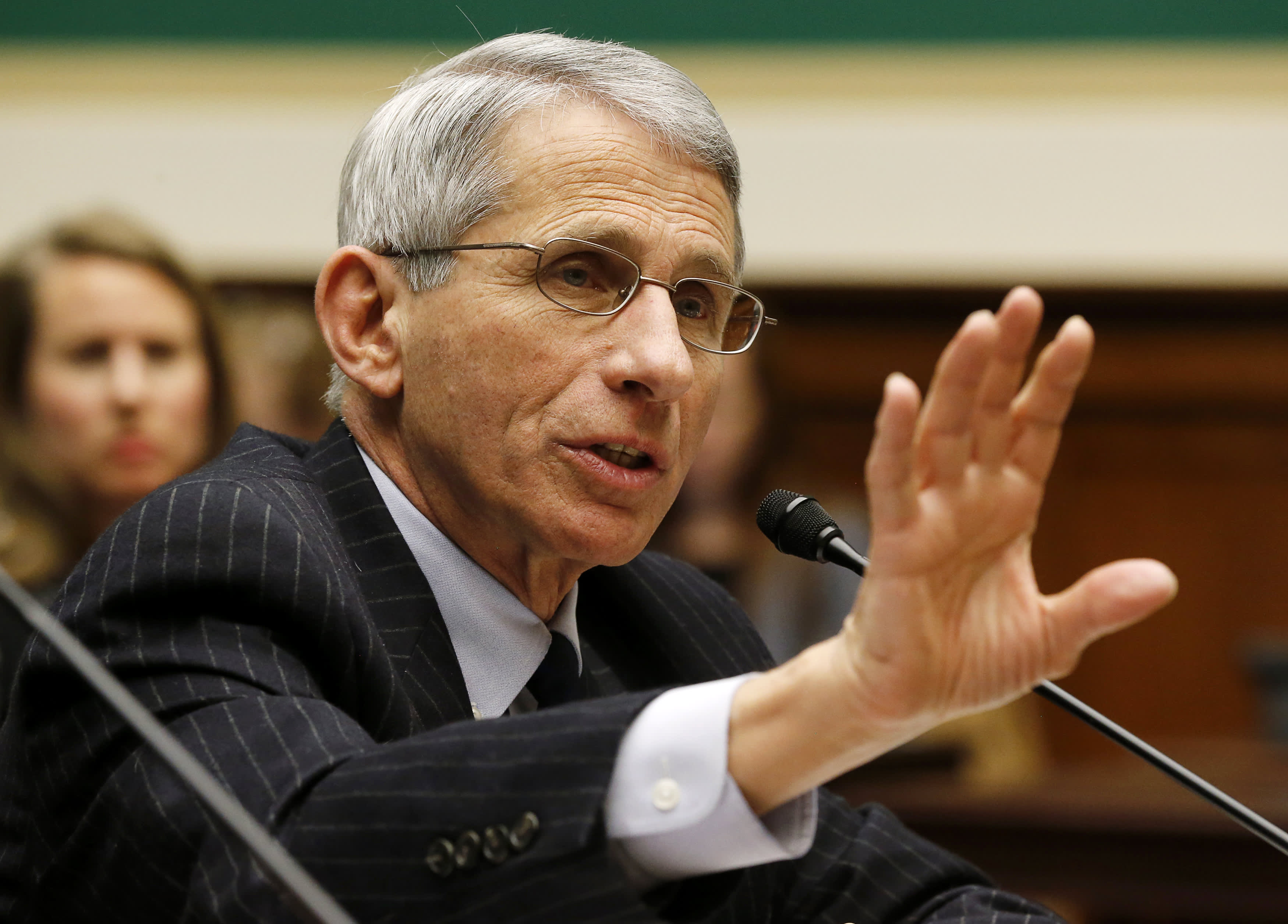
Stringent travel restrictions imposed on inbound flights from China to contain the coronavirus outbreak become "irrelevant" in a potential pandemic because "you can't keep out the entire world," a top U.S. health official said a day after the Trump administration braced the public for its eventual spread here.
"When it was focused only on China, we had a period of time, temporary, that we could do a travel restriction that prevented cases from coming into the U.S.," Dr. Anthony Fauci, director of the National Institute of Allergy and Infectious Diseases, told CNBC's "Squawk on the Street." "When you have multiple countries involved, it's very difficult to do; in fact, it's almost impossible."
He added that the Chinese have been very efficient in containing the disease, however, they have used "draconian" methods in doing so, such as shutting down entire cities. Fauci said he doubts the U.S. would adopt similar methods.
Although it's not unreasonable to think the virus may be seasonal and die out once the weather warms, similar to the flu and some other coronaviruses, health officials can't count on that happening with COVID-19, Fauci added.
"The wild card here is that this is a brand new virus, this novel coronavirus, and we do not know if it's going to diminish as the weather gets warm. We can't count on that," he said.
The NIAID is a department within the National Institutes of Health, and Fauci oversees the NIAID's research to prevent, diagnose and treat established infectious diseases, including emerging diseases such as Ebola and Zika, according to the agency's website.
Anthony Fauci, Director of the National Institute of Allergy and Infectious Diseases, testifies about the measles outbreak in the United States before a House Energy and Commerce Oversight and Investigations Subcommittee hearing on Capitol Hill in Washington February 3, 2015.
Jim Bourg | Reuters
His comments come a day after he announced during a press conference that a potential vaccine for the COVID-19 coronavirus would begin human trial testing in as little as six weeks, barring any hiccups. However, he told CNBC the vaccine is only going into a phase one trial and won't be applicable to the outbreak going on now.
Top officials from the CDC also said during the news conference that the coronavirus outbreak, which has spread across Asia and into Europe, will likely become a global pandemic, saying it's just a matter of time before it starts to spread in the U.S.
The White House reportedly asked Congress for $2.5 billion in additional funding to aid its response to the coronavirus, which has infected more than 81,000 and killed at least 2,764 people as of Wednesday. Meanwhile, Senate Minority Leader Chuck Schumer sent a request to Congress seeking $8.5 billion.
While Fauci said that the $2.5 billion was a "start, a down payment," more funds would be required in the future.
President Donald Trump announced plans to hold a news conference on the virus at 6 p.m. ET with officials from the Centers for Disease Control and Prevention.
— CNBC's Berkeley Lovelace Jr. and William Feuer contributed to this report.
Read More
